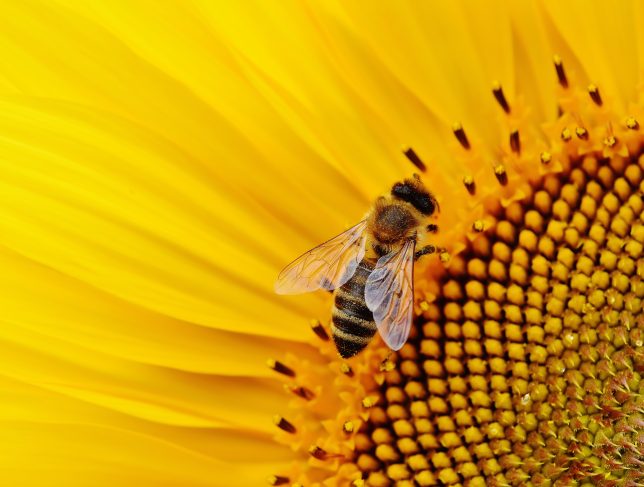
Bees are remarkable creatures that support our ecosystems. They need protection and preservation.
Cognitive ability refers to the mental processes and skills involved in acquiring, processing, storing, and applying information. The American Psychological Association defines cognitive ability as, “the skills involved in performing the tasks associated with perception, learning, memory, understanding, awareness, reasoning, judgment, intuition, and language.”
Bees, particularly honeybees (Apis mellifera), exhibit remarkable cognitive abilities. They possess intricate navigational skills, communication systems, and memory capacity. In The Dancing Bees: An Account of the Life and Senses of the Honey Bee, author Karl von Frisch delves into the complex behaviors and sensory perceptions of honeybees. Von Frisch’s research and observations shed light on the cognitive prowess of bees, including their ability to communicate through intricate dances and navigate complex landscapes using visual cues.
Bees also demonstrate impressive learning and memory capabilities. They can associate visual, olfactory, and tactile cues with rewards or punishments. Studies, such as the research conducted by Randolf Menzel and Martin Giurfa reveal that bees can learn to recognize and remember specific colors, shapes, patterns, depth, and motion contrast, among others. They exhibit a capacity for associative learning, enabling them to solve complex tasks and adapt their behavior based on past experiences. Bees also possess a centralized nervous system and a complex array of sensory receptors, suggesting a capacity for processing and integrating sensory information.
In addition, bees have shown a remarkable ability to solve problems in laboratory settings. Research by Lars Chittka demonstrates how bees can learn to use tools, such as small sticks, to access out-of-reach rewards. This behavior suggests a level of cognitive flexibility and problem-solving skills beyond simple instinctual responses.
While it is challenging to measure subjective experiences in non-human animals, studies indicate that bees exhibit physiological and behavioral responses consistent with experiencing pain or distress. Research by Melissa Bateson and colleagues found that honeybees show a pessimistic bias in their decision-making after experiencing a negative event, suggesting that they could be regarded as exhibiting emotions. Sentience refers to the capacity of an organism to have subjective experiences, sensations, or conscious awareness of its own existence and in relation to the external world. It is often associated with the ability to feel pleasure or pain and have a sense of self-awareness. Since honeybees have been suggested to exhibit emotional states, this also implies that honeybees are sentient beings.
The potential sentience of bees alongside their cognitive abilities highlights the importance of preserving bee populations and their habitats for the well-being of these remarkable creatures and the ecosystems they support.
